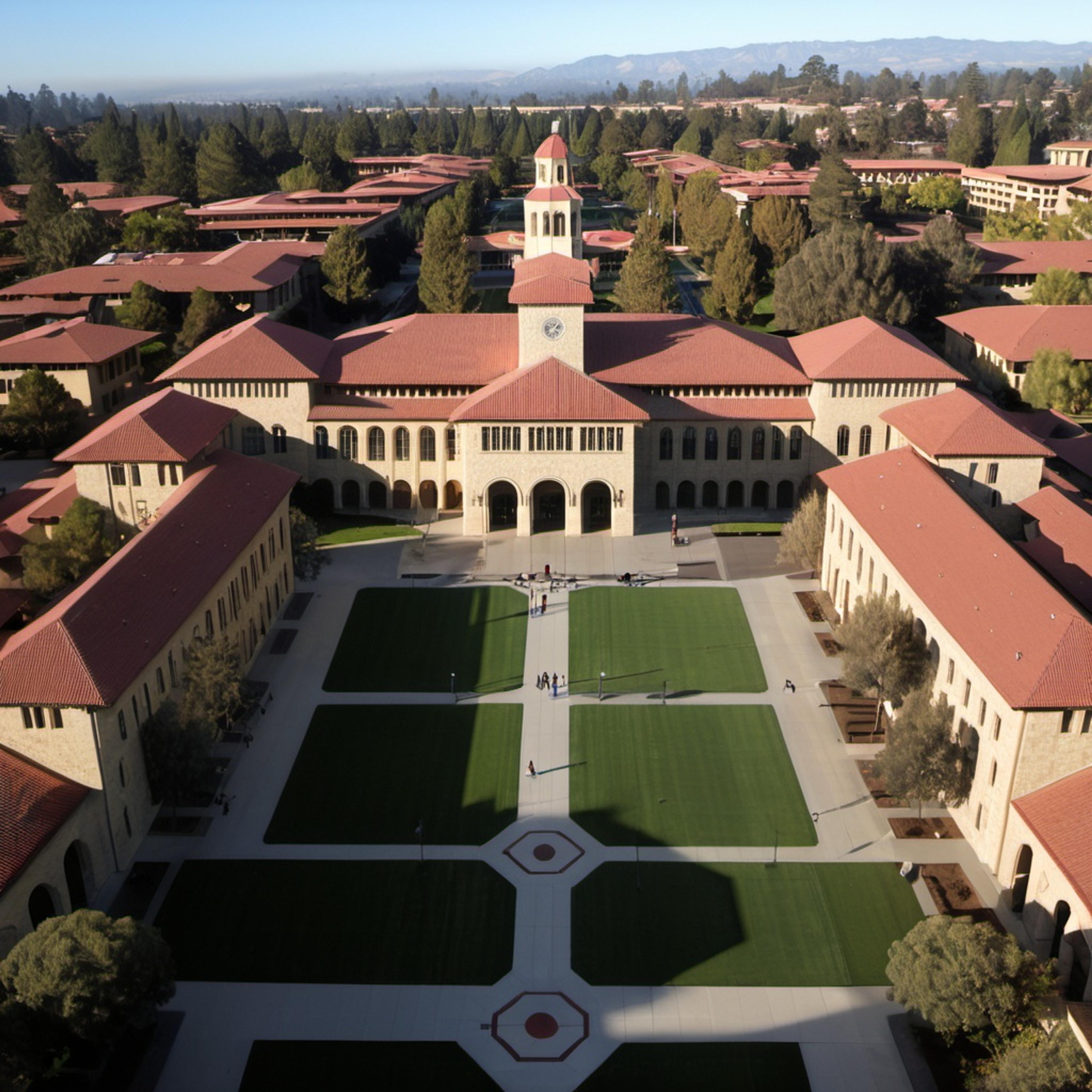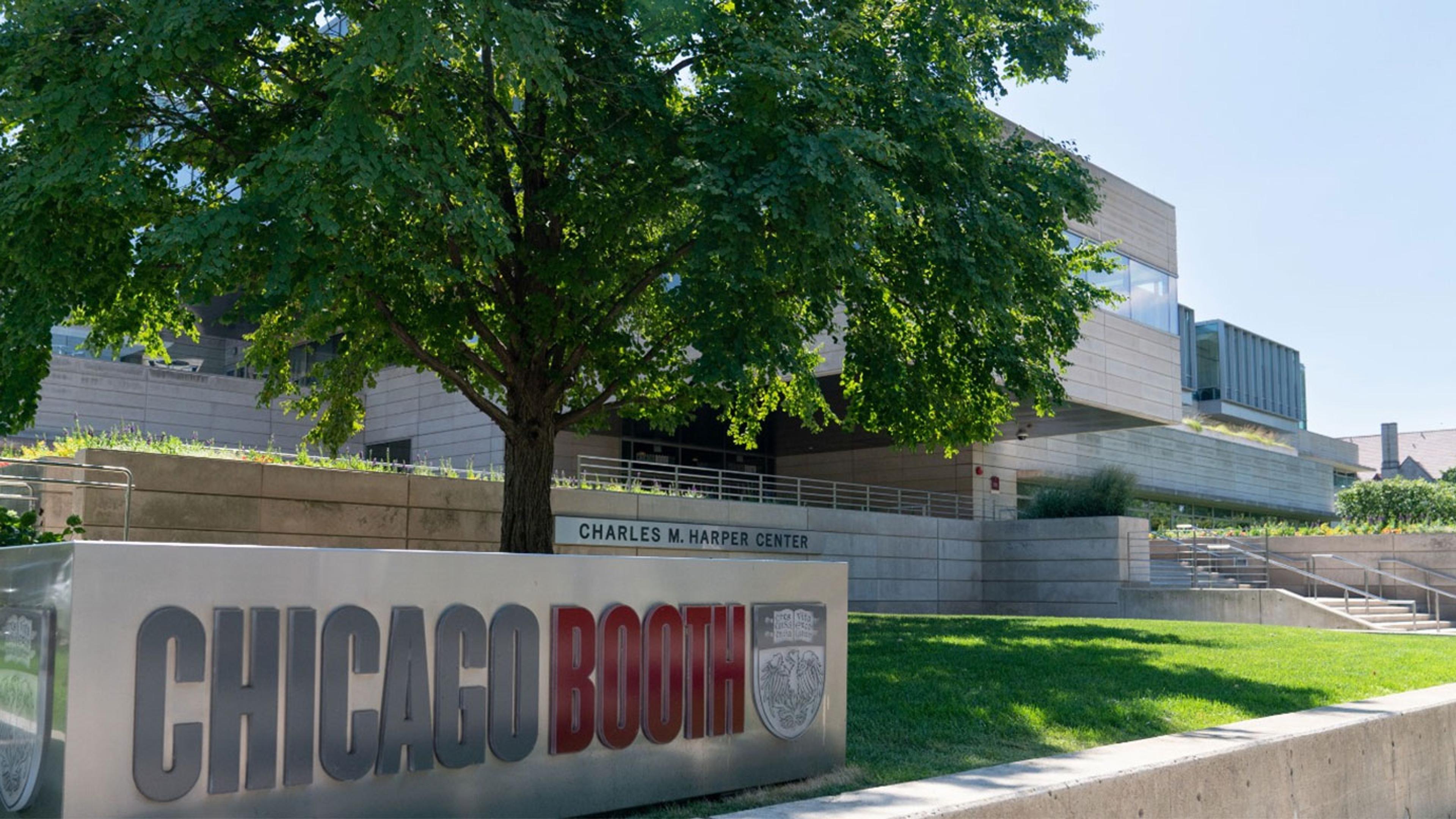Craft a Powerful Essay for Stanford GSB: What Matters Most & Why?
A GSB MBA, expert admissions coach, and pro writer, outlines his top advice for nailing the challenging and broad Stanford essay prompt, to help you get into one of the most prestigious MBA programs in the world.

By Ben L.
Stanford GSB '21 | 150+ M7 Admits | Essay Expert | Ex-McKinsey, Policy
Posted March 6, 2025

Table of Contents
The GSB essays sound like they should be the easiest thing in the world, but I’ve found applicants often lose focus in writing their responses to seemingly straightforward questions. Here’s my advice for getting through the turbulence of “I don’t know if I have enough to write about?”, “What do they want to hear?”, and “Why do I actually want to go to Stanford?” to land the plane on these essays.
Already interested in working with me on essays, MBA applications, or anything else? That didn’t take long (see my profile here). Now for the actual advice…
The Prompts
GSB asks for two main essays, the combined length of which cannot exceed 1,050 words. The main objective of the essays is to see who you are beyond the pale of academic and professional work. Stanford emphasizes there is no “right answer”; but, the best essays consistently portray an applicant’s values, passions, and dreams in an honest, forthright way.
The prompts for the two essays are as follows:
1. What matters most to you and why?
With a recommended length of up to 650 words, GSB asks applicants to self-reflect and write from the heart. Consider what different people and experiences have shaped your perspectives.
2. Why Stanford?
This essay has a recommended length of up to 400 words. Applicants should describe their dreams and goals and what role GSB will play in helping fulfill them.
Top 5 Tips for the GSB Essays
As a former GSB MBA candidate with years of writing experience and a coach here on Leland, here are the top five tips I’ve curated to help you with your essays:
1. Answer the Question
Though it may sound obvious, many applicants struggle with this. Both prompts are open-ended, so it’s easy to go off on tangents and include irrelevant information. As you’re writing, continue to ground yourself by asking, “What is the exact question I’m trying to answer?” To use the first essay as an example, every paragraph should help the reader under what matters most to you, why it matters, and how you arrived at this understanding. If it’s not doing that, it’s probably not worth getting too attached to – and you should probably delete it.
2. Differentiate
Glenn Kramon, a mentor, longtime editor at The New York Times, and renowned teacher of GSB’s Winning Writing class never fails to ask, “What makes you go from one of a million applicants to one in a million applicants?” Almost everyone who applies to GSB will have a great resume, test scores, and GPA. But part of your job with the essay is to make clear (implicitly at least) why and how your perspective can uniquely contribute to the incoming class.
Typical avenues for showing why you stand out are through explanation of your work and life experience, but another way to differentiate is through self-reflection and the specific lessons extracted you’ve extracted as a result. I’ve seen dozens of essays on very similar topics (your admissions readers have seen thousands), but those that focus on what’s been learned and how that learning has shaped a future vision find a way to stand out through their psychology as well. GSB doesn’t just want another resident smart person walking around; they want someone with a combination of emotional maturity, professional acumen, and a sense of humility who’s going to take full advantage of everything Stanford has to offer.
3. Create a Vision
Especially relevant to the second essay, laying out a clear vision for the admissions committee is key. Why do you want an MBA? Actually though. If you don’t have a good reason, don’t go! And why do you want to go to Stanford specifically? How will your Stanford degree help you reach your professional and personal goals? If you can’t answer these questions, again, an MBA probably isn’t the best move for you. But if you can come up with a few sound reasons right off the bat (an industry pivot, targeted entrepreneurial ambitions, etc.), try to stretch your imagination a bit to think about your 3-year, 10-year, and 30-year goals. You don’t need a Gantt chart for your life, but if you take a couple of hours to sit and think about what a Stanford MBA would mean for your future, your case to admissions will be much stronger – and help give you added personal clarity beyond the application.
4. Build and Flow
Both of your essays should have a structure that flows and builds momentum. Essays can be written well and have all that beautiful GMAT syntax you definitely need for the real world, but if what you’ve written doesn’t coalesce into a larger narrative about who you are, the reader will end up distracted and confused. The GSB admissions committee wants you to present a story. They don’t want disjointed paragraphs that portray an inconsistent picture (e.g. a paragraph on each of your three most “impressive” resume elements that aren’t thematically tied). Every detail should contribute to the reader’s understanding of what matters to you, why it matters, and why you see GSB as the next step in your career.
5. Give Yourself Enough Time
For many people, writing the essay is the most difficult part of the application. It can be hard to organize your thoughts and put them down on paper in a clear, succinct manner. Start the essays early, ideally three months or more before submission.
So what’s step one? Write a terrible first draft. Like bad. Then put it down for a few days to avoid the deserved shame that will inevitably come from reviewing it. At the end of the week, pick it up and ask yourself if what you’ve written answers the questions you’re supposed to answer, differentiates you, and so on. It also doesn’t hurt to ask yourself the simple questions of, “Do I even like this essay?” and, “Would I want to read this?” The magic number is around four to six drafts, comprehensively reviewed.
When it comes to how and with whom you should review your essays, ideally you should choose someone with experience writing and familiarity with the application process. An alum of your top-choice school is probably the best choice, given they’ll know the ins and outs of the place and have successfully navigated the application process themselves.
By giving yourself at least a few months, you’ll be able to put the right pieces in place to ensure that you get the help you need and can do the self-inventory required to put together a top-notch set of essays.
Final Thoughts
Though they can be intimidating, the application essays give you a chance to show who you are beyond your resume and a few numbers. Crafting a compelling narrative that best exudes who you are has evolved into the most important part of your application – and it’s the one part of your application you can still completely control. Even if you feel held back by a low GPA or GMAT, going from A to Z on this dimension of your app is well worth the time – and can genuinely set you apart.
If you’re interested in working 1:1 with me, you can view my profile here. I’ve worked with more than 250 individuals on essays and resumes for top MBA programs, consulting firms, and the broader job market. During my time at Stanford, I was the Lead Editor for Stanford GSB’s Nondisclosure magazine and a Managing Editor for the Stanford International Policy Review.

Written by Ben
5.0
(108)
• Stanford GSB Alum, Class of 2021 -- see relevant background & experience below: • Coaching | Advised 150+ admits into Stanford GSB, HBS, Wharton, Kellogg, MIT Sloan, INSEAD, Haas, and more (see ~100 Leland reviews), while teaching multiple courses through Leland • What I'm Doing Now | Based in NYC, building a publication 'Staying Human', working on a stealth, marketplace startup, coaching and playing chess profssionally, and advising a slate of Seed to Series C startups through Elevate LLC • Public Policy | Prior to Stanford, worked on the Policy Team for the Chicago Mayor's Office under Mayor Rahm Emanuel, focusing on 5G infrastructure policy, criminal justice policy, and citywide corporate/economic development deals • McKinsey | Before policy, worked at McKinsey & Co , with casework focused on job training for the formerly incarcerated and workforce development for at-risk youth • PE / VC / Startup Advising | After Stanford, worked in Bain's Private Equity Group on various due diliegences, managed deals with several venture capital firms, and advised multiple startups on growth and go-to-market strategy • Professional Writing | Speechwriting in public policy & political environments, Lead Editor for Nondisclosure (Stanford GSB's magazine) and Managing Editor for the Stanford International Policy Review • Additional Writing | Crafting op-eds, ghostwriting for major publications, developing a fictional short story collection, policy deep dives, a book on chess applications to life, and application essays of all sorts • GMAT / Test-Taking | Scored in the highest percentile of GMAT test-takers, but more importantly I've honed my ability to help others extrapolate top test-testing strategies in the areas they're weakest • Additional Coaching Details | 5+ years experience working with >750 individuals on essay writing and resume professionalization for top consulting firms, MBA programs, execs, and the broader job market • Interview Training | I was interview-trained with McKinsey, helping me give high-quality mock interviews for MBBs and any MBA program; I've also held 10+ events through Leland on interview prep for McKinsey's PEI and GSB's interview process in particular
Ben has helped clients get into organizations like:
Stanford Graduate School of Business
Harvard Business School
The Wharton School (UPenn)
Kellogg School of Management (Northwestern)
Columbia Business School

















